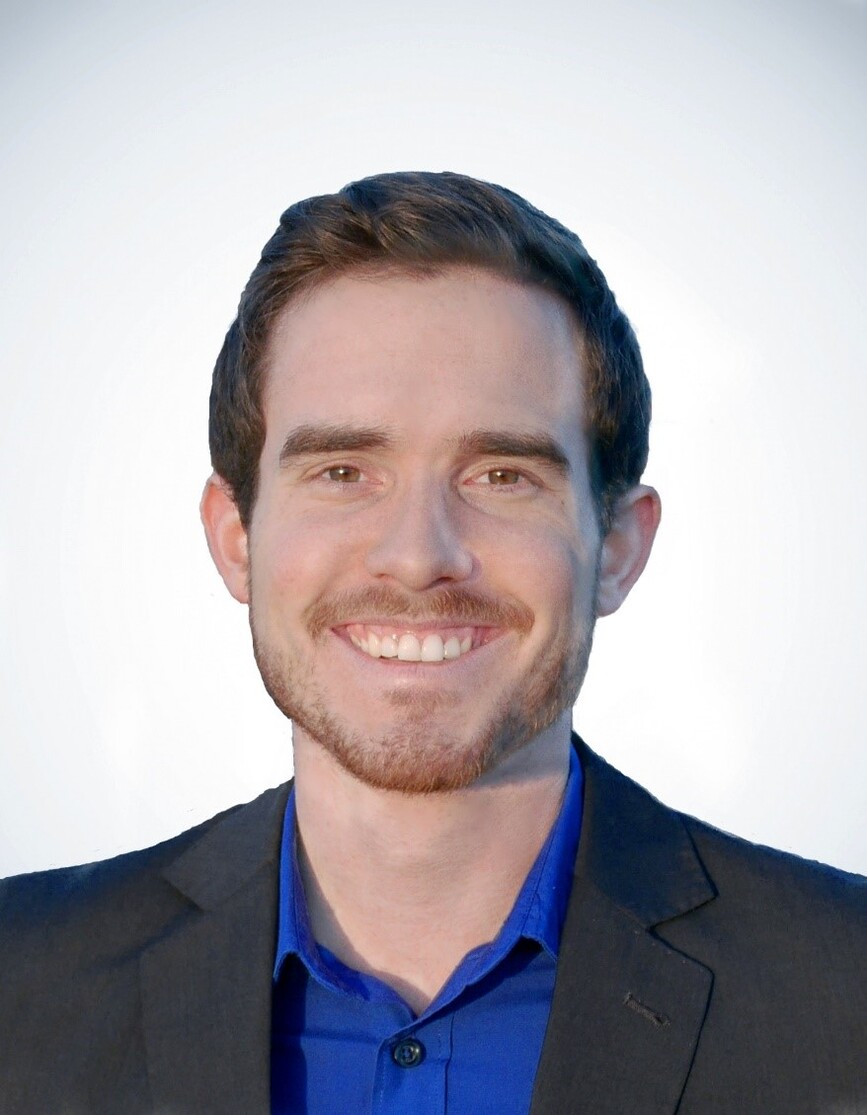What is the topic of your PhD thesis?
The title of my thesis is “Investigation of Ion - Solid interactions relevant for Plasma Facing Components in Nuclear Fusion devices”.
What is the focus of research?
In nuclear fusion devices, the inner first wall of the reactor vessel is exposed to the harsh conditions of the fusion plasma. Especially the so-called divertor is subject to severe heat loads and ion bombardment, which introduces critical selection criteria for first wall materials. In our laboratory at TU Wien, I execute experiments using an ion gun and our in-house developed “Quartz Crystal Microbalance”, enabling us to investigate both erosion processes and retention mechanisms of fuel atoms in relevant wall materials like tungsten. During the last year, special focus was put on the influence of roughness on the erosion of plasma-facing surfaces, which resulted in the development of a new simulation code. In addition, the effect of mixed ion bombardment with fuel atoms like deuterium and so-called seeding gases like argon was investigated.
What is the benefit for fusion research?
Our research group delivers important laboratory data, like erosion rates of materials foreseen for first wall application, for example. Erosion is generally disadvantageous for the overall efficiency of a nuclear fusion device since eroded wall atoms decrease the performance of the fusion reactions. The results of our erosion experiments also support lifetime estimations for plasma exposed components. In addition, laboratory data regarding hydrogen isotope retention is important to assess uptake of tritium atoms in plasma exposed surfaces. In contrast to the other fuel isotope deuterium, it is required to breed tritium on-site in a future fusion power plant, as it is not naturally abundant. Since the valuable tritium is radioactive, it is beneficial to have an estimate value regarding retention in a first wall material of choice.
Even though we do not have an actual fusion reactor in our laboratory near Karlsplatz in Vienna, our smaller sized experiments allow to explicitly investigate such key properties of interest and support to exclude side-effects, which are sometimes hard to disentangle in a more complex setup.
What are the biggest challenges?
Right now, I am writing my first scientific paper which is a new personal challenge. Simultaneously, my experimental setup demands some refurbishments and upgrades to be well prepared for future campaigns within the EUROfusion program. Fortunately, I recently got support by two very enthusiastic and skilled students, who work on their theses in our laboratory. Like for most people, COVID-19 also influenced our working routines, collaborations with international project partners and also social activities at our institute severely, but I am optimistic that this situation will improve during 2021.
What plans do you have for your future? What will you do in 5 years? Would you like to continue research or are you going to work in the industry?
I started my PhD program one year ago and therefore I just recently began to think about my future career. I think nuclear fusion research is a very interesting field and if good opportunities arise in future, I am interested in a scientific career. On the other hand, a career in companies with strong focus on R&D would also be of interest for me. I look forward to the impressions during the next two years of my PhD and how they influence my final decision!
What was your motivation to write a fusion relevant PhD thesis? What is fascinating about nuclear fusion?
Before I went to university, I read many popular-scientific books which were often related to physics. This was also the first time I encountered nuclear fusion and the opportunities of this technology were highly interesting for me. It is likely that this also influenced my decision to study physics afterwards.
I already began working with my current research group in the course of a bachelor thesis, followed by a diploma thesis in 2019. In these times, nuclear fusion became even more inspiring for me, since contemporary environmental and ecological concerns influenced my mindset. I think that nuclear fusion offers a great opportunity for humanity in the form of a more sustainable energy supply, especially in the context of a continuously rising global energy demand. This research aims to employ reactions that occur similarly in the sun (which are the actual origin of practically all other energy sources on earth) for controlled energy supply. Therefore, working actively in this scientific field is connected to a strong personal identification, which also drives my motivation today.
